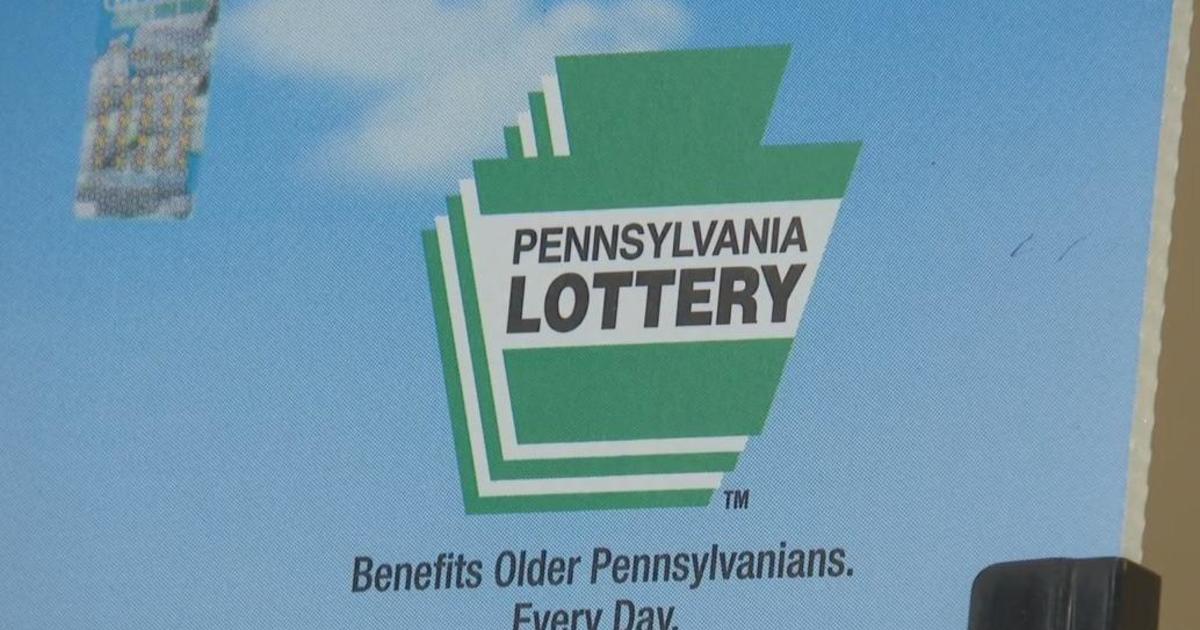State House Backs $690 Million Tax Cut Package
TALLAHASSEE (CBSMiami/NSF) - House members backed Gov. Rick Scott's push to reduce taxes on cell-phone bills and pay TV on Tuesday.
And they bettered the governor, by $17 million, in rolling out a $690 million tax-reduction package that offers a slew of sales-tax holidays and eliminating taxes on gun-club memberships, college textbooks, materials purchased at book fairs and vehicles purchased overseas and brought to Florida by military members.
House Finance & Tax Chairman Matt Gaetz, R-Fort Walton Beach, said in pushing for the cuts that the state's existing tax rates have helped build an economic surplus for lawmakers and is responsible for Florida's job creation.
"The average Floridian pays about $1,800 bucks a year in state taxes. That is the lowest in the country, but we can do even better and we will," Gaetz said.
The House proposal is slightly larger than a $673 million tax-cut package that Scott proposed. It remains to be seen if the Senate will go along with such large cuts. Senate President Andy Gardiner, R-Orlando, said the Senate agrees taxes should be cut but is not close to deciding the amount or which taxes would be targeted.
The House plan was announced as Scott's office set up a display table in the first floor of the Capitol so people could calculate how much they would save if his requested 3.6 percentage-point cut to the communications-services tax is enacted.
Scott also spent time at the display table, joined by the University of Florida President Kent Fuchs. The governor, who has made tax cuts one of his top priorities of the session, intends to be back at the table briefly Wednesday with Florida State University President John Thrasher and FSU football coach Jimbo Fisher.
The communications-services tax cut is projected to create about $54 a year in savings on a cell-phone bill of $125 a month. A cable or satellite TV bill of $100 a month would be reduced by about $43 a year.
The House proposal matches Scott's communications-services tax cut. Senate committees also have advanced legislation (SB 110) sponsored by Finance and Tax Chairwoman Dorothy Hukill, R-Port Orange, that would go along with the cut.
The communications-services cut would account for $470.9 million of Scott's proposed $673 million in tax cuts. The House projects the annual savings to become $470.5 million.
Lawmakers last year approved $500 million in tax and fee cuts that touched on a wide-range of issues. The election-year package, dubbed in the House as a "patchwork of awesomeness," was highlighted by a reduction in vehicle-registration fees. But the patchwork also featured sales-tax holidays, a reduction in the insurance premium tax on bail-bond premiums, and the permanent elimination of sales taxes on college meal plans, therapeutic pet foods, child car seats and bicycle helmets for kids.
This time, the House is approaching the package with the catchphrase "no tax is safe."
Along with seeking to cut the communications-services tax, the House plan matches Scott's call for eliminating the sales tax on college textbooks, which would provide an overall $43.7 million savings. The cut is the third largest among 17 proposals in the House package.
The House is also projecting a $44 million reduction in state revenue through a three-day back-to-school tax holiday and a $40.3 million reduction from a sales-tax holiday on Nov. 28, two days after Thanksgiving, for small businesses.
House members also propose cutting a tax on commercial-real estate leases. The proposal would trim the tax from 6 percent to 5.8 percent, reducing state revenue by $22.1 million the first year, with the savings to businesses growing to $53.1 million annually.
A Senate committee this week approved a bill by Hukill (SB 140) that would make a deeper cut in the real-estate tax. That measure would reduce the tax from 6 percent to 5 percent.
Other proposed House cuts include reductions in revenue of $2.8 million by eliminating taxes on books and other reading materials sold at book fairs; $1.2 million by exempting gun club memberships from sales taxes; and $800,000 by allowing service members to avoid sales taxes on vehicles purchased overseas and brought back to Florida.
The News Service of Florida's Jim Turner contributed to this report.







